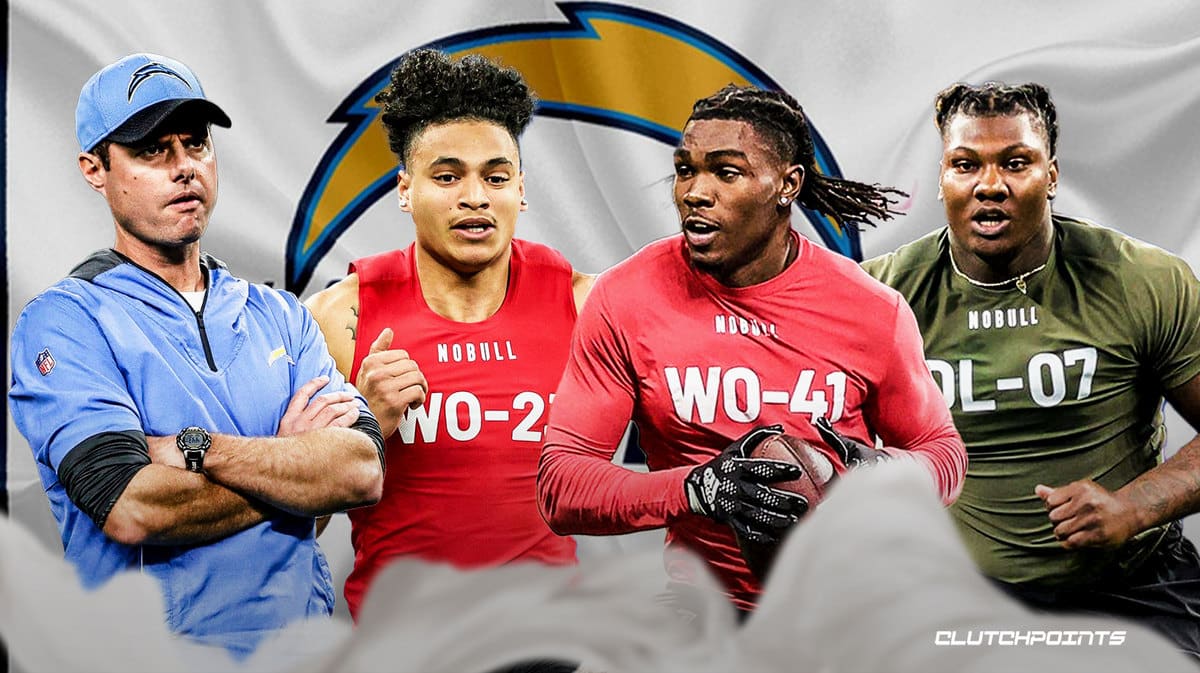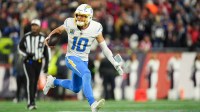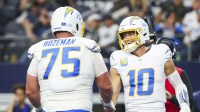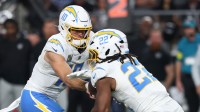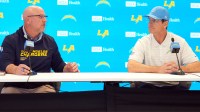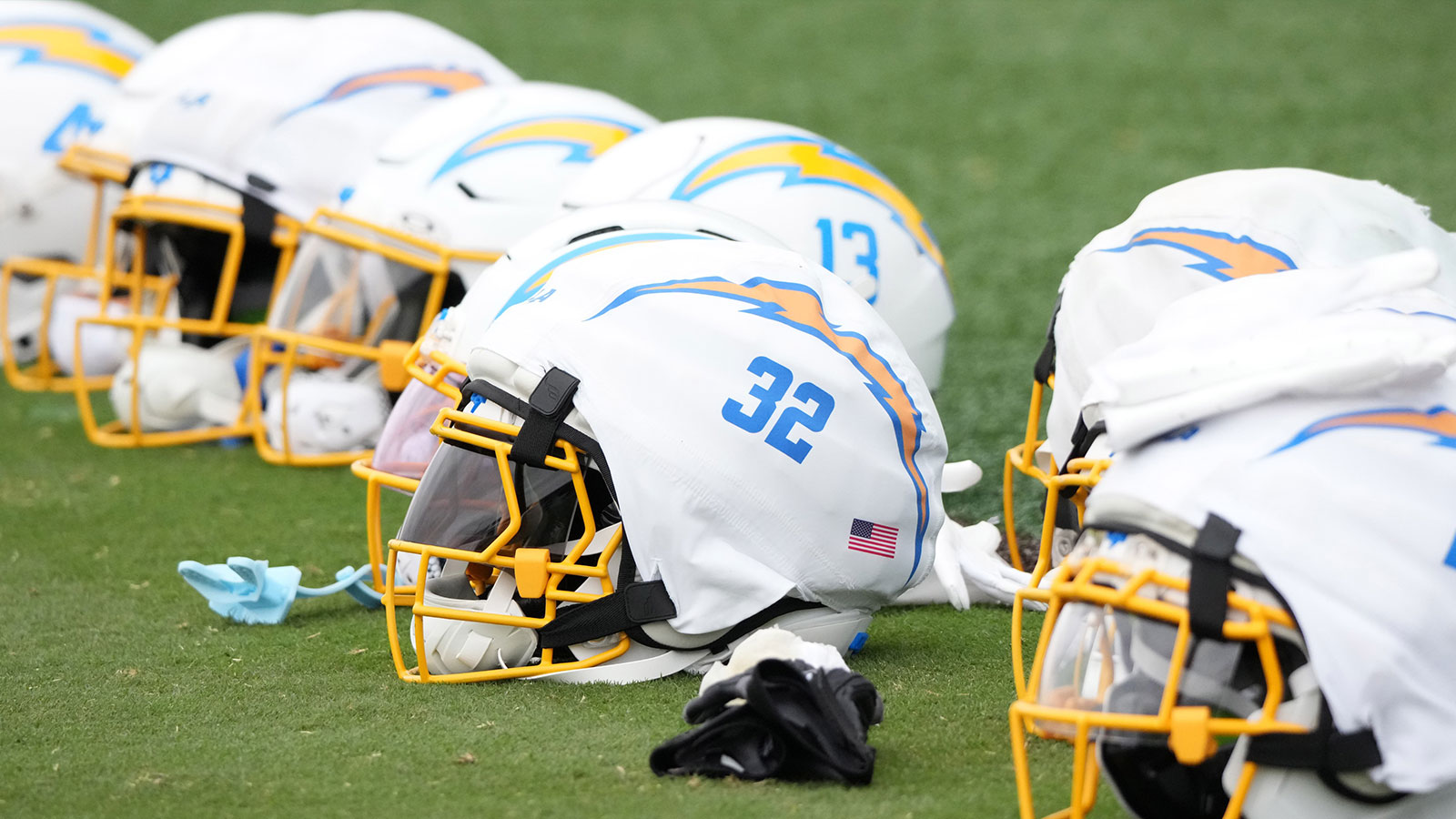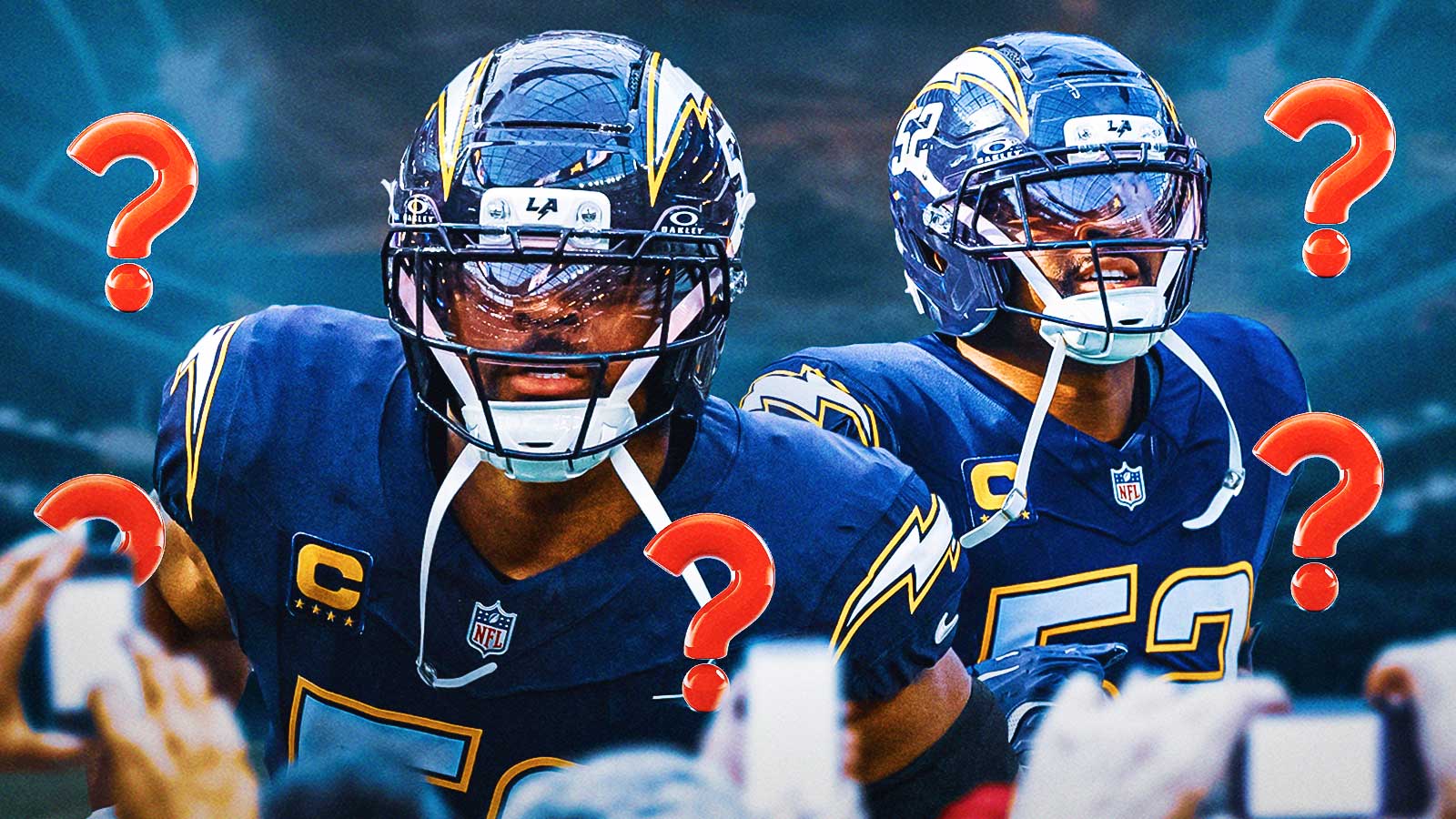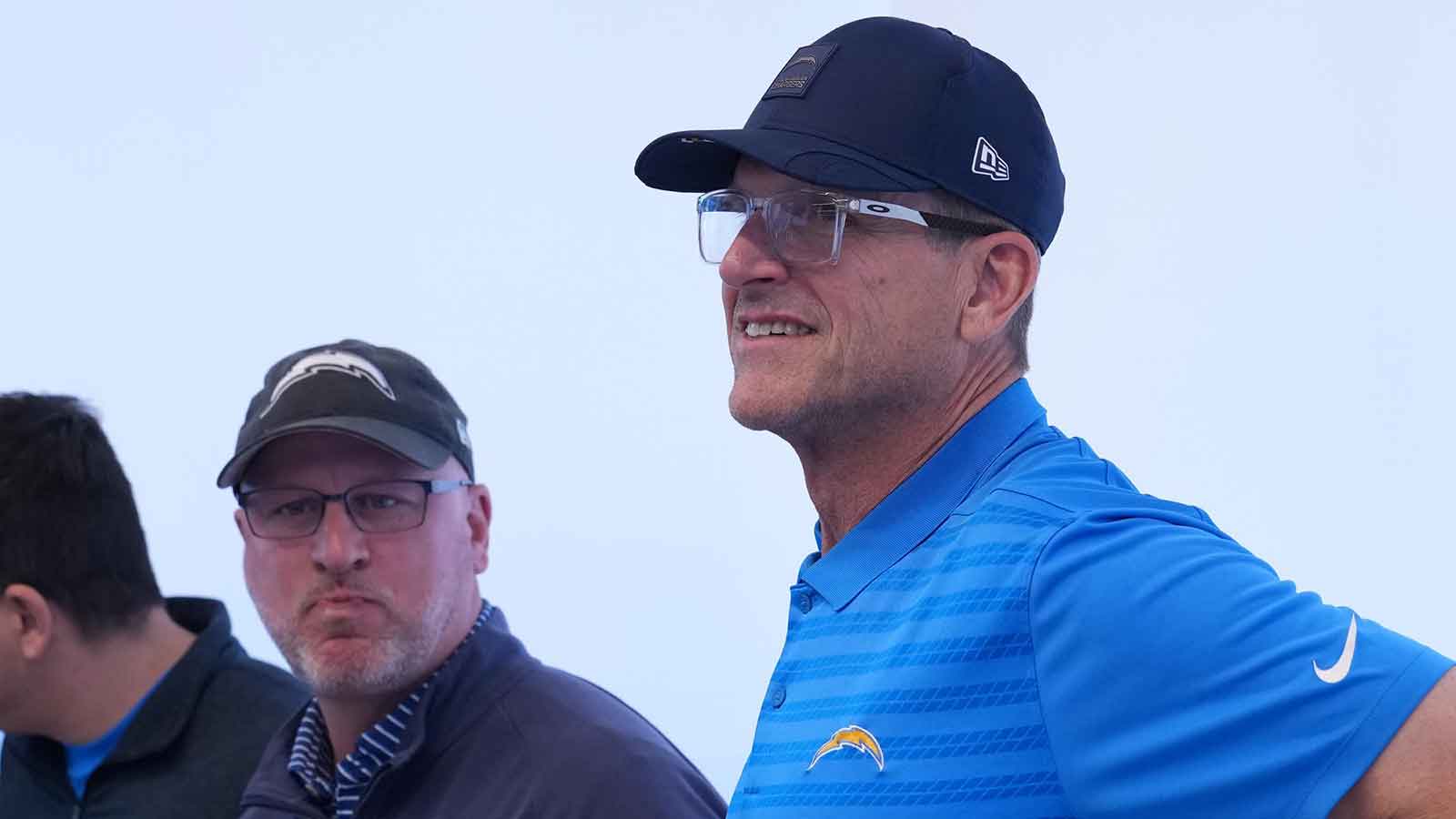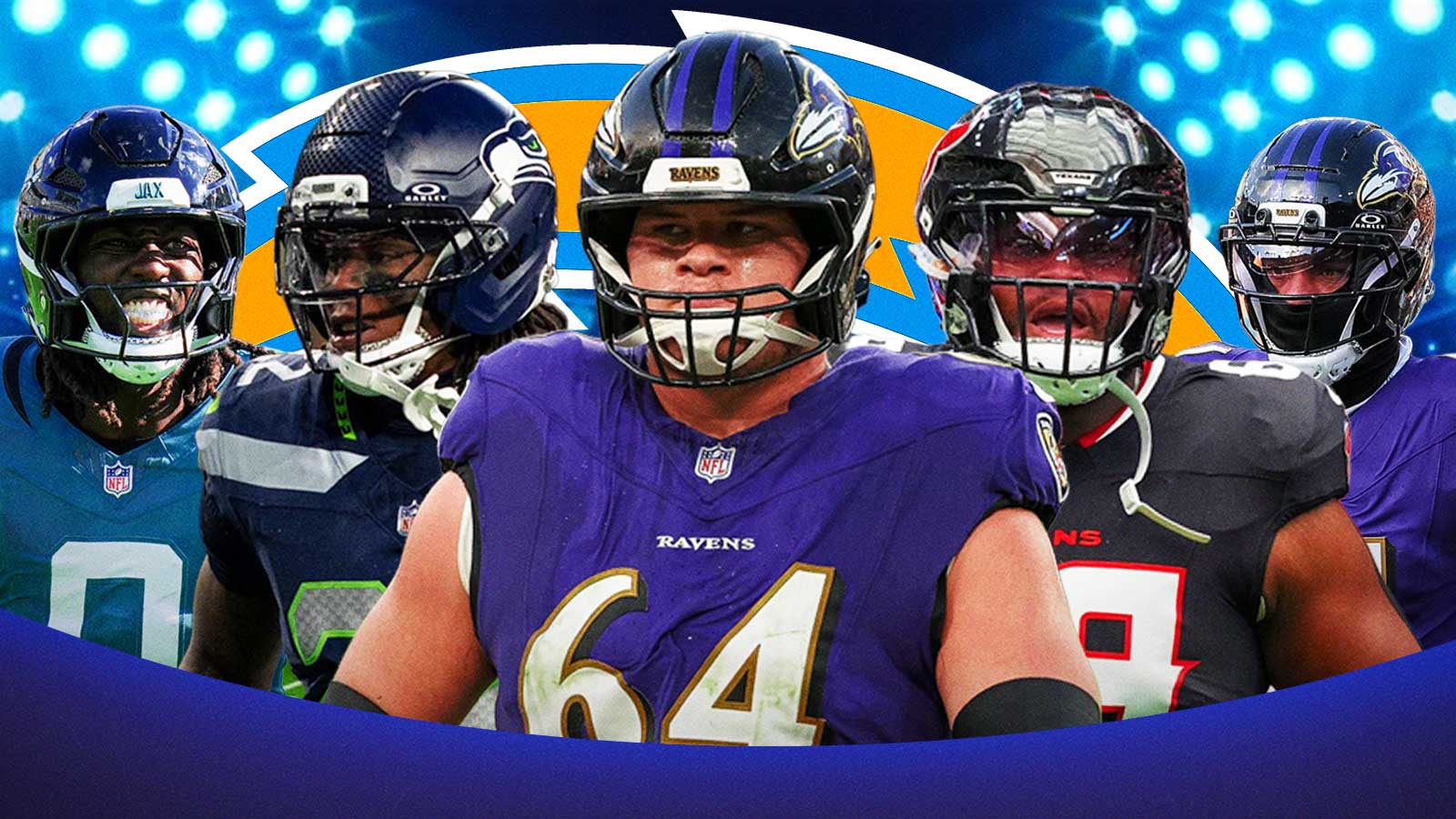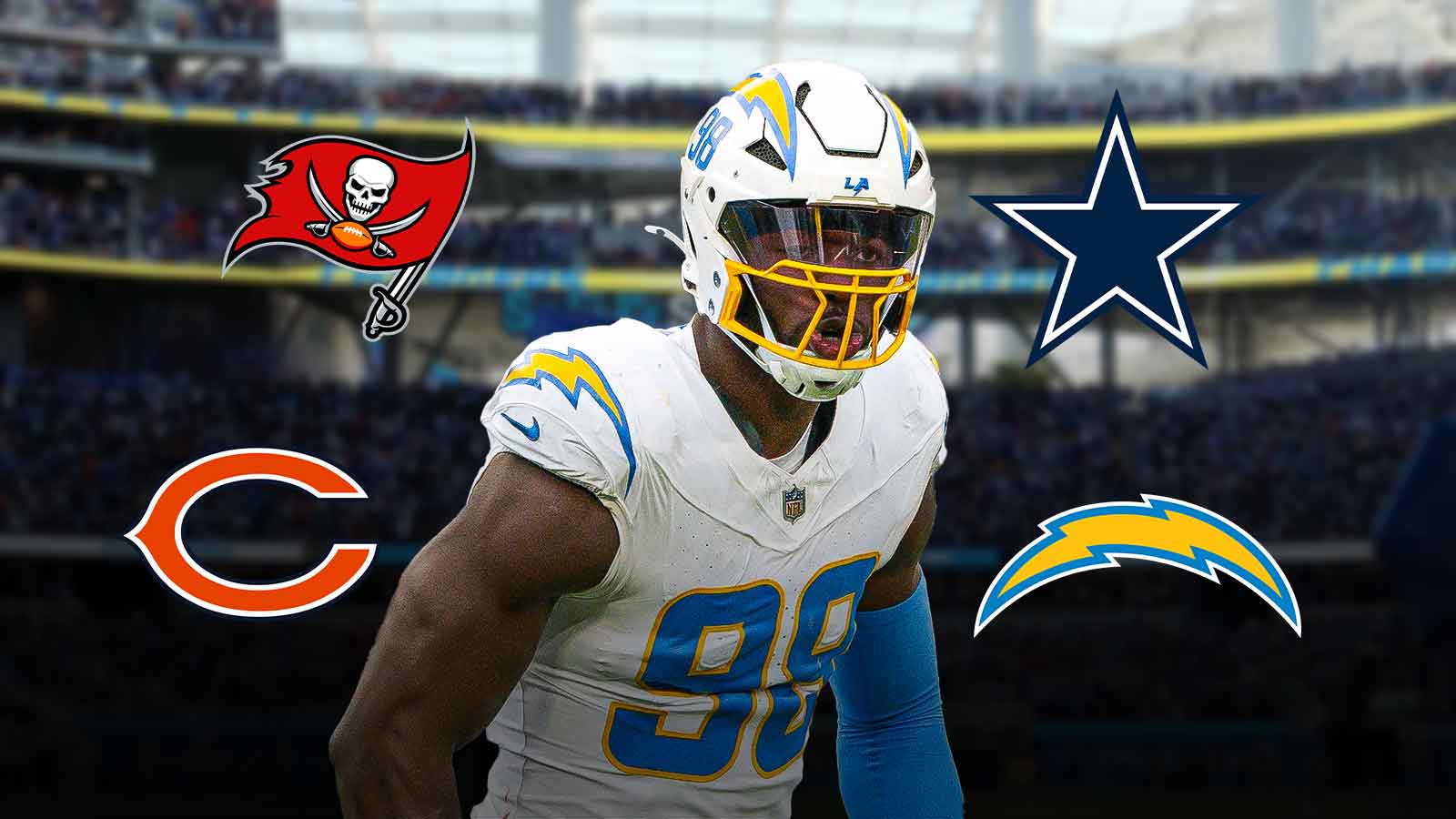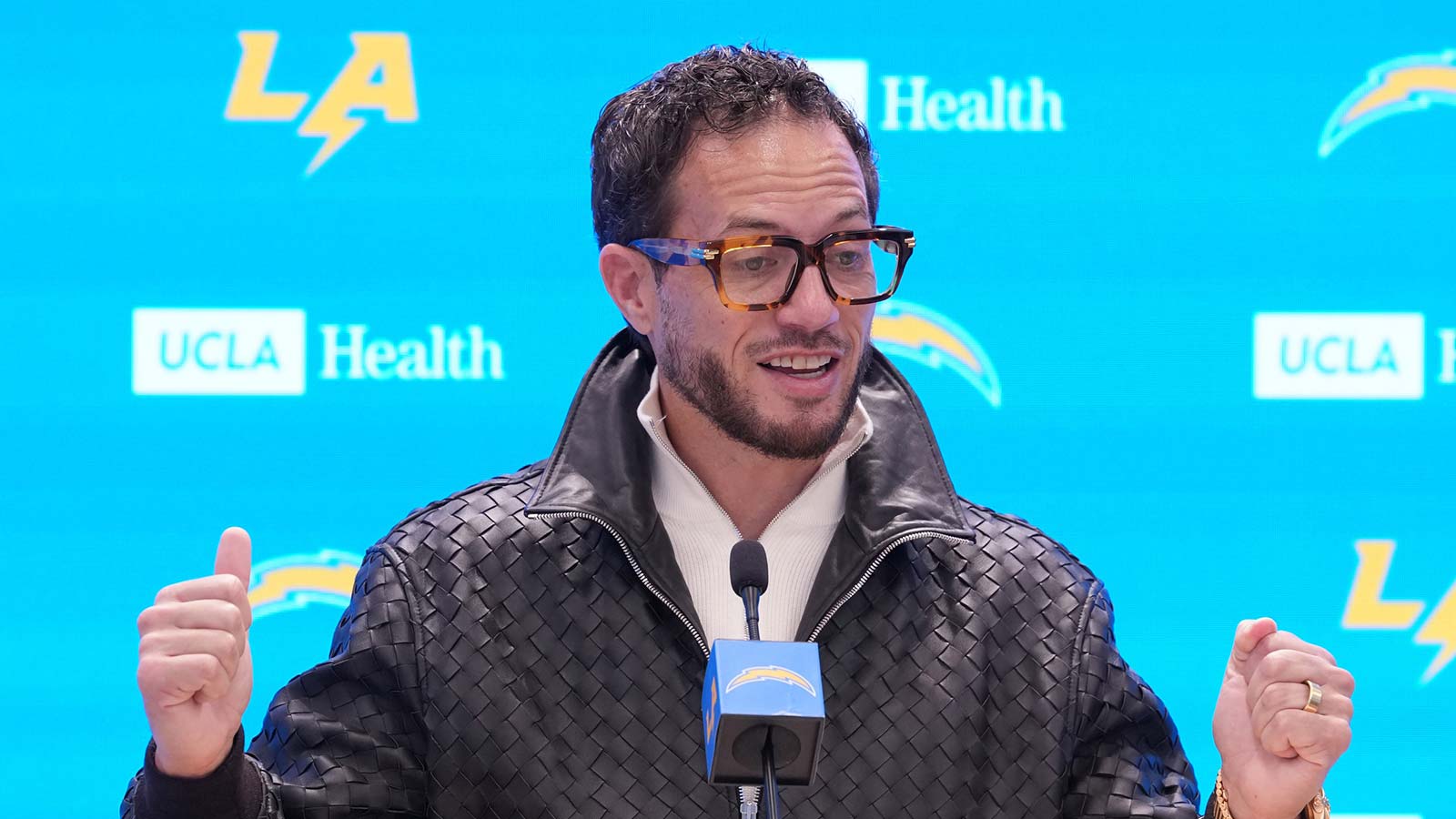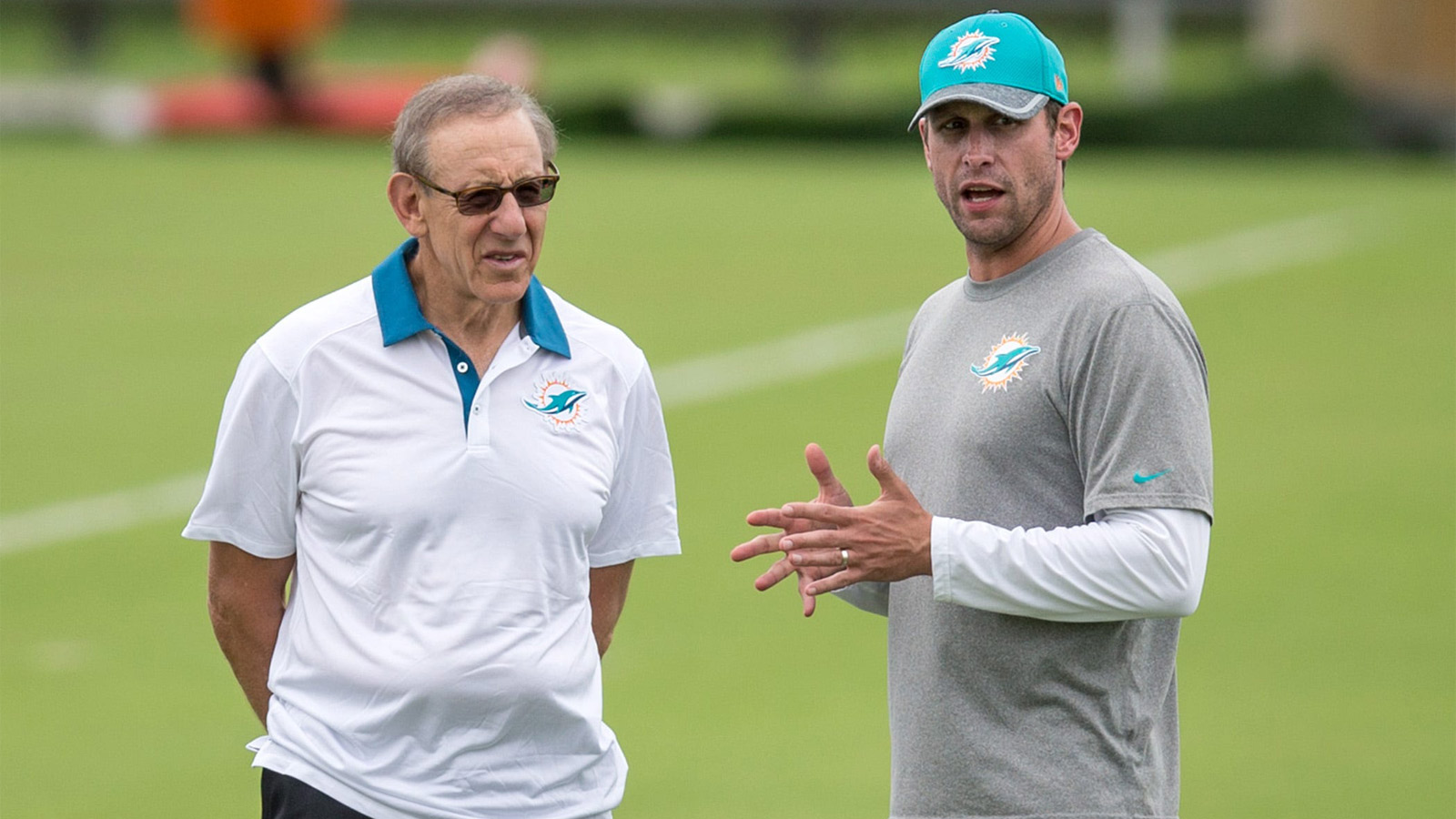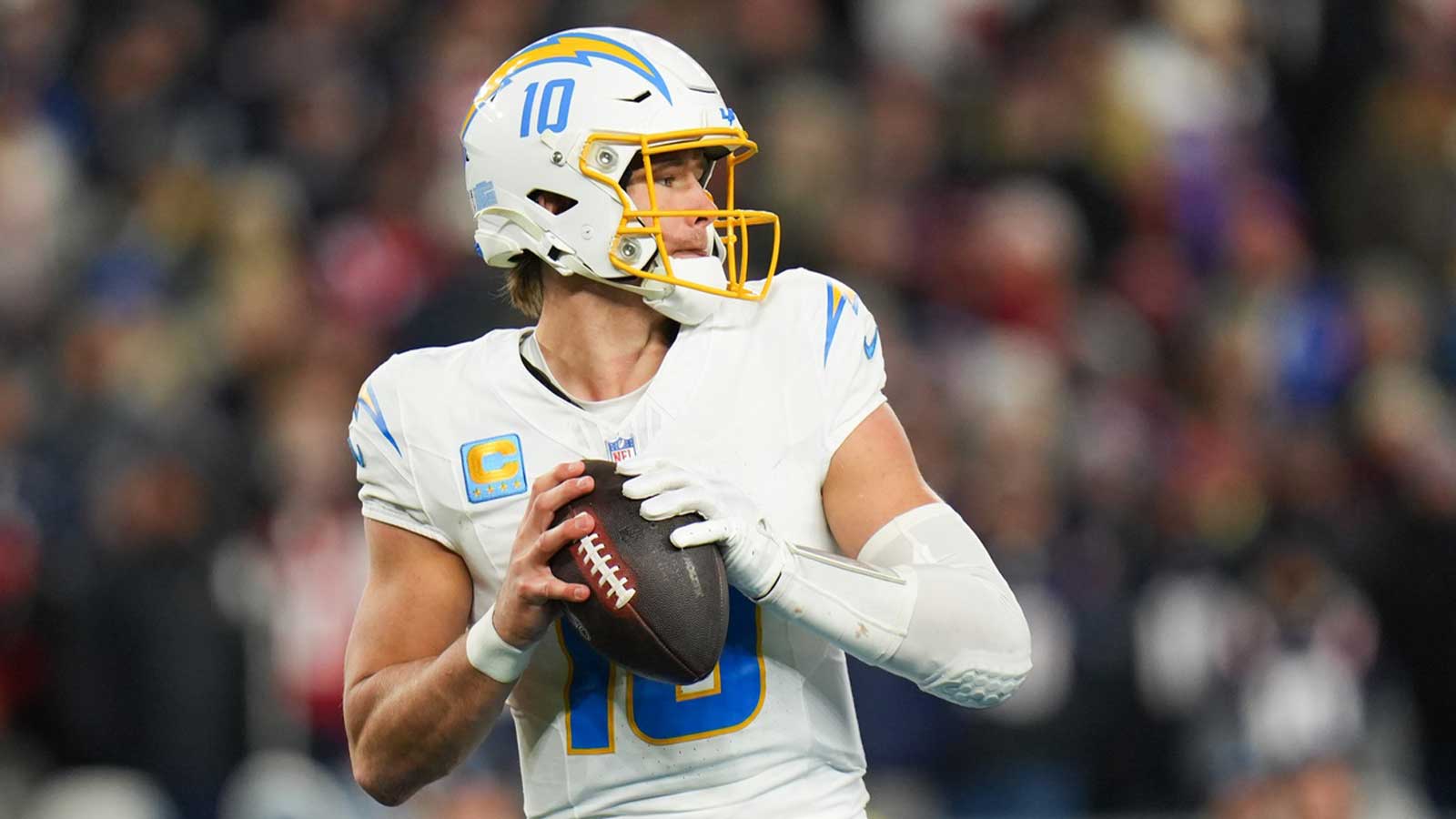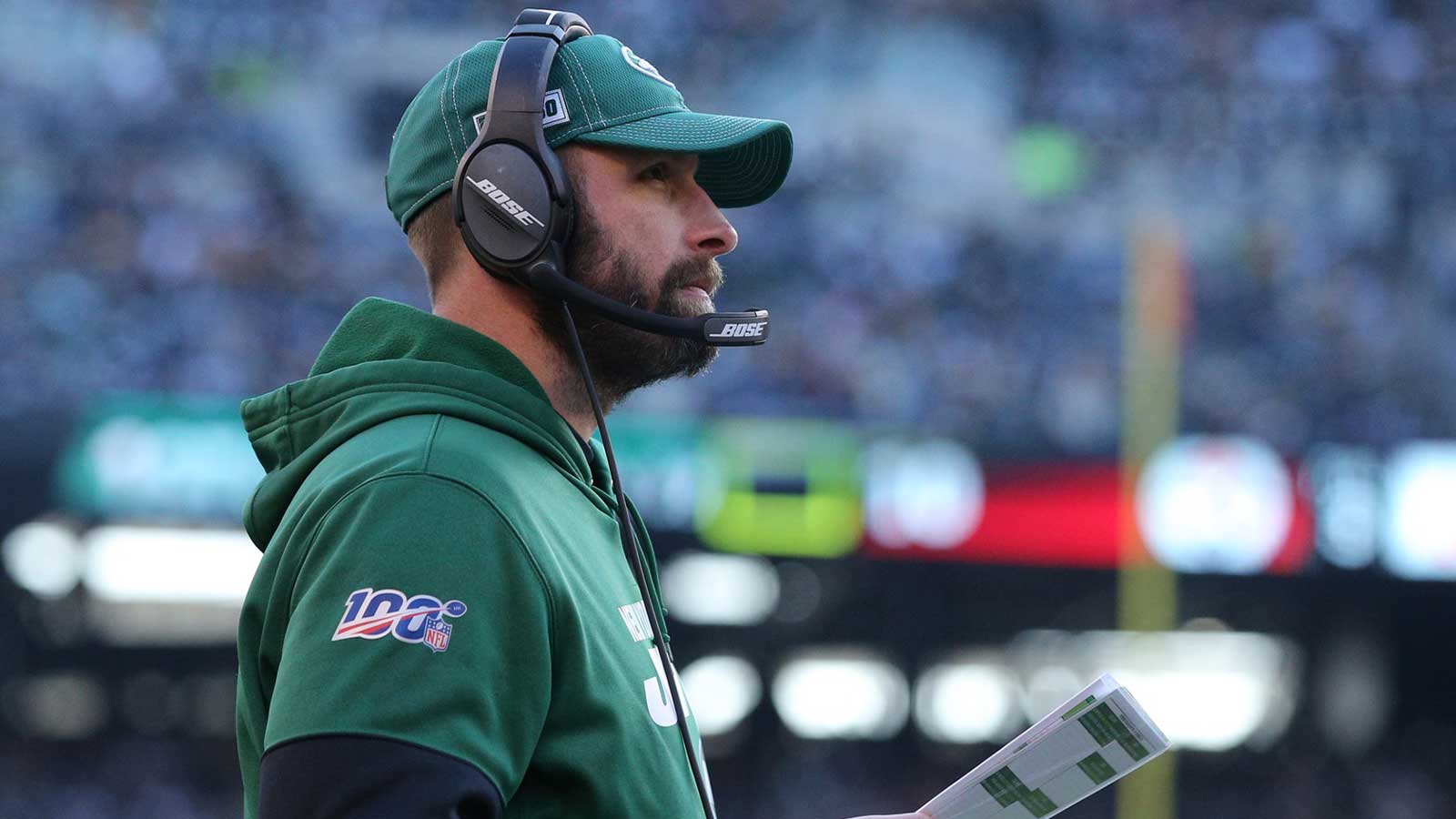The Los Angeles Chargers will almost certainly make further changes in the offseason of 2023. Remember that they still have a lot of voids to fill on their depth chart. They can, of course, do so through the draft. Yet, the Chargers have a few rookie prospects that may be classified as “traps.” Here we'll look at the rookie prospects that the Los Angeles Chargers must avoid in the 2023 NFL Draft.
The Chargers have had a colorful history, but they currently lack excitement with no compensatory compensation and only their original draft picks. However, things could change as players like Austin Ekeler are asking for trades. That said, the RB market in free agency has not been impressive. The Chargers seem to understand the balance between the draft and legitimate NFL talent, as demonstrated when they traded for Khalil Mack.
Despite not having many picks, the Chargers have drafted well in recent years. This is proven by their choosing Joey Bosa, Mike Williams, and Derwin James as first-round studs. Justin Herbert and Rashawn Slater are also on their way to superstardom. Sure, some picks like Jerry Tillery have been misses. Still, the Chargers have found success outside of the first round with players like Desmond King, Rayshawn Jenkins, and Uchenna Nwosu. These guys have contributed positively either with the Chargers or other NFL teams.
Overall, the Chargers may not have a lot of picks. However, their recent draft success and understanding of the high-quality NFL talent give hope for their future.
Let’s look at the players that the Chargers must avoid in the 2023 NFL Draft.
H2
1. Jalin Hyatt
Jalin Hyatt had a standout 2022 college football season. In fact, he received the Biletnikoff Award. He became the first player in Tennessee football's history to receive the honor. Hyatt's athleticism and speed make him a dynamic receiver. These allowed him to win foot races and get behind defenders. He also has good timing on his routes, adjusts well on the fly, and has soft, reliable hands with good tracking ability. After catching the ball, Hyatt is elusive and explosive. These certainly make him a dangerous threat.
However, there are concerns about Hyatt's ability to transition from the spread offense at Tennessee to the next level. He will face more challenges in processing and timing without the same amount of available space to adjust to coverage. That's just how different football is at the NFL level. Additionally, Hyatt has a slender build and is not known for his physicality or play strength. On the flip side, he competes well as a blocker and with the ball in his hands. In addition, his release package has yet to be fully challenged outside of the slot position where he has had most of his production at Tennessee. Hyatt is by no means a terrible wideout. He can be great, but the Chargers should avoid the temptation of picking him first off the board.
Jalin Hyatt is going to be a DUDE in the NFL pic.twitter.com/6f5VGnWUX7
— Bussin' With The Boys (@BussinWTB) March 30, 2023
2. Rashee Rice
Rashee Rice played for SMU football, where he became one of college football's most dynamic wide receivers. Keep in mind that SMU has a history of producing NFL-level wideouts. There is no doubt that Rice seems to be the next in line. He has a strong and lengthy physical build, and his acceleration and long speed make him a dynamic athlete. His balance is also impressive, which translates to his ability to catch and make the first defender miss. Additionally, he has great ball skills and can make adjustments to the ball in the air. Rice is also a solid blocker, and he can win both from the slot and out wide.
That said, Rice has chinks in his armor. He needs to expand his route tree at the next level. While he has shown that he is a quality route runner, his exposure to a limited range in SMU's spread offense may hinder his ability to execute more diverse routes. Additionally, while Rice makes spectacular catches look easy, he has struggled with drops at times. There's a lot of upside with Rice but not a lot of certainty. That makes him a risky pick early on. The Chargers should avoid him in the first round.
1. Gervon Dexter
Florida's Gervon Dexter is a player with great physical attributes like size, speed, and athleticism. These allow him to make big plays. However, he also struggles with consistency due to some minor technical issues in his game that greatly affect his effectiveness. One of his biggest problems is that he plays too high. This gives offensive linemen a lot of leverage to block him. This, in turn, makes it hard for him to break free. This is especially problematic when he is double-teamed. He can just get displaced and cannot impact the play. Another issue is that he lacks a pass-rush plan. This causes him to become stagnant at the line of scrimmage when he fails to win with speed. When double-teamed, he also tends to fail to commit. This makes him an ineffective rusher.
Despite these issues, Dexter has the physical tools to be an NFL starter right away. The question is whether he will work on developing his skills to match his rare physical traits. That question makes him untenable as a first or even second-round pick.

